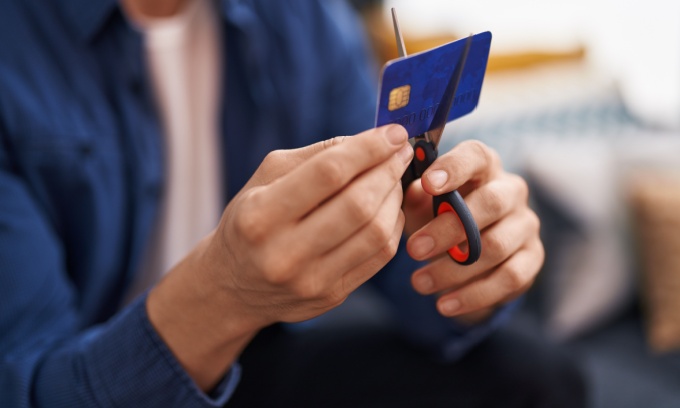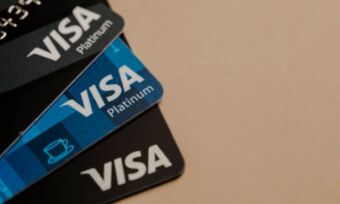Does closing a credit card affect my credit score?
Closing a credit card does have the potential to impact your credit score. Credit reporting companies such as Experian, Equifax and Illion keep a record of your applications for new credit, the type of credit you apply for, your repayment history and whether you’ve skipped any debt repayments. All these details are recorded in your personal credit history. From there, credit reporting firms use sophisticated algorithms to calculate your credit score.
Maintaining a long credit history of consistently making debt repayments on time is a plus for your credit score, as it reflects your experience in handling credit responsibly. But if you have no debts other than your credit card, closing your credit card account may mean you’re no longer able to maintain a track record of regular repayments, and this has the potential to lower or stagnate your credit score.
It’s important to keep in mind though that the change may not be drastic. Experian advises that a variation in your score of plus or minus 10 points is to be expected, and is typically nothing to be concerned about.
You can also check your credit score for free with Canstar or via the Canstar App.
Do balance transfer cards affect my credit score?
If you close your old credit card and apply for a new one as part of a balance transfer deal, this can also see your credit score drop, as each credit application you make is added to your credit file. Making multiple applications in a short period of time can lower your score as it can be viewed by lenders as a sign of ‘financial desperation’.
That’s why it’s worth comparing balance transfer deals or new card offerings before applying for a new credit card. Submitting applications for a wide variety of credit cards in the hope you’ll be approved for at least one will ultimately damage your credit score. Take your time to assess your options and ensure you meet all of a credit card’s eligibility requirements before applying.
It’s also important to read any relevant documentation, such as the Target Market Determination (TMD) and Key Facts Sheet, for any credit card product you’re considering.
Can closing a credit card improve my credit score?
While closing a credit card does bring the potential to lower your credit score, it may also provide opportunities to build your score back over time. Here are some things to consider:
- If you hold multiple credit cards, closing one card can make it easier to stay up to date with repayments on the remaining card(s).
- If you’re closing a card because you can access a better deal with a new card, the savings you make may allow you to channel more cash into repayments on other types of debt.
- If your credit card is tempting you to overspend, or if you have struggled to stay on top of card repayments in the past, closing the card has the potential to let you regain control of your finances.
If you can resist the temptation to reload a fully paid-off card with fresh purchases, it could be worth holding onto, rather than closing the card altogether. NAB suggests that if you have cleared your credit card’s balance, keeping it open with no negative reports, will impact favourably on your overall score. The downside is that you could be left paying annual card fees on a card you rarely use. Opting for a credit card with no annual fees may be beneficial in this circumstance.
You may also consider lowering your credit limit as this can help to increase your credit score. This is due to credit reporting companies viewing credit limits as potential debt, regardless of how you use your card.
How do I close a credit card?
If you’re planning to close your credit card, here are a few steps you must take to do so:
- You’ll need to be sure there aren’t any outstanding purchases, interest charges or fees, and then pay the balance off in full.
- If regular direct debits or automatic payments are charged to your credit card account, you’ll need to cancel these, and then check your balance to make sure the payments have stopped.
- Finally, if you have a rewards-based credit card it may be worth cashing in any rewards you’re entitled to claim before closing the card for good.
Once your card balance is paid off in full, and you’re sure no further transactions will be charged to your account, get in touch with your bank or credit card provider to formally cancel the card. This may need to be done online or over the phone. Simply cutting the card in half won’t cancel your account, and you could still be charged annual card fees.









